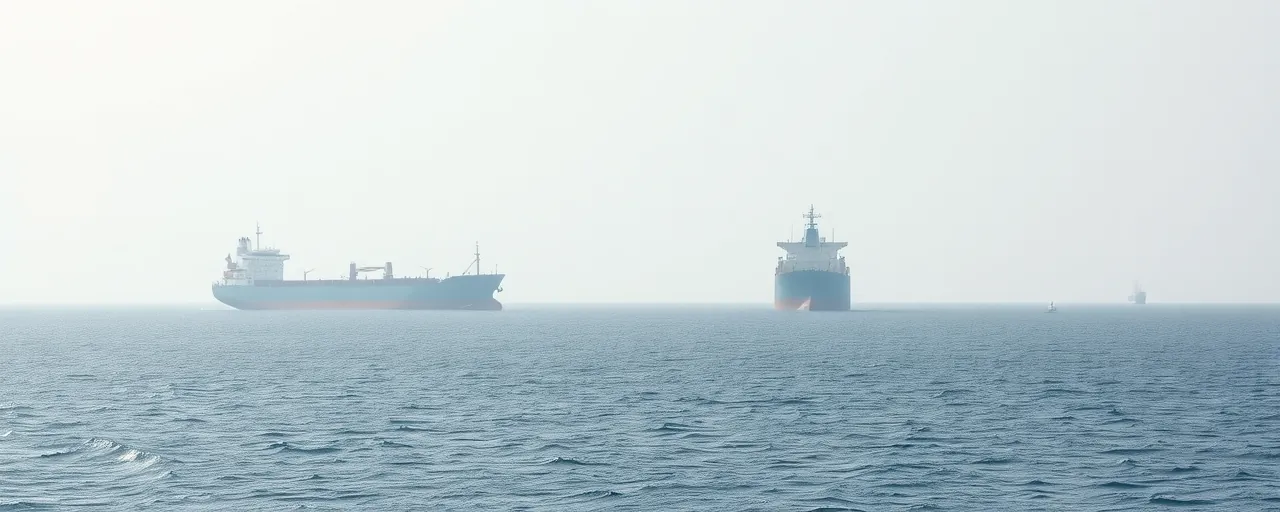A State in Crisis
California is reeling. From the crowded docks of Long Beach to the orchards of the Central Valley, President Trump’s tariffs are squeezing our state’s lifeblood. These impulsive trade policies, cloaked as economic defense, are hammering businesses and families. Governor Gavin Newsom is taking a stand, fighting not only for Californians but for a world built on connection and shared prosperity.
Think of a single parent in Fresno, struggling to afford basics as prices climb. Or a warehouse worker in San Bernardino, facing layoffs as port traffic stalls. This is what Trump’s tariffs bring. Newsom’s federal lawsuit and push for an injunction declare that California refuses to let Washington’s reckless choices crush its people.
The damage is clear. California, which drives 14% of the U.S. economy, faces a $16 billion revenue loss from these tariffs. That’s funding for classrooms, clinics, and infrastructure, gone. Why should our communities pay the price for a policy rooted in chaos rather than reason?
Global Ties at Risk
California thrives on its global bonds. Last year, we sent $33.5 billion in goods to Mexico, our biggest market, and $18.4 billion to Canada. Japan and South Korea fuel thousands of jobs here. But these links are unraveling. UK tourism plummeted 22% in March 2025, and Canadian visitors dropped 16%. Rising costs and fractured diplomacy are turning allies away, a direct fallout of tariffs that isolate us.
Newsom’s interviews with outlets like the BBC and TV Azteca highlight his resolve to protect these ties. He told Nikkei that California offers stability in trade. To MBC News Desk, he stressed shared success over competition. These messages aim to preserve trust with partners who drive our economy. Yet Trump’s tariffs, enacted through the International Economic Emergency Powers Act, risk decades of goodwill.
Some defend tariffs as a shield for American workers. But when ports grind to a halt and prices surge, who truly gains? Yale’s Budget Lab predicts a 1.7% rise in consumer costs, with clothing prices spiking 19%. California could lose 64,000 jobs and $183 billion in exports. This approach doesn’t safeguard us; it undermines our future.
Standing Up for Justice
Newsom’s leadership shines in this crisis. His lawsuit challenges the president’s overreach, and he’s urging allies like Mexico to spare California goods from retaliatory tariffs. These steps protect our $675 billion trade network and our rank as the world’s fourth-largest economy. They also defend a core principle: no leader should disrupt lives unchecked, claiming an emergency that doesn’t exist.
Supporters of Trump’s tariffs argue they force better trade deals. They cite past negotiations won through pressure. History disagrees. The Smoot-Hawley Tariff Act of 1930 worsened the Great Depression, and 2002 steel tariffs destroyed jobs in import-heavy states. Today’s broad tariffs lack focus, hitting families and workers hardest. They’re not strategy; they’re disruption.
California’s lawsuit, backed by 12 states, questions the legality of tariffs imposed without Congress’s consent. Even conservative voices like Senators Rand Paul and Mike Lee call this executive overreach. If both sides see the problem, why cling to a policy that divides and harms?
Building a Better Future
This struggle transcends California. It rejects a worldview that sows division between nations. The 1930s showed how protectionism crippled global trade, and 2018 tariff wars slashed foreign investment. Newsom envisions a different path, one where collaboration fuels growth. His lawsuits and global outreach embody that belief.
The stakes are high. Soaring prices, job losses, and strained alliances affect us all. Polls reveal 70% of Americans see tariffs costing more than they deliver. Newsom’s fight calls on leaders to put people first. Can we afford to let narrow policies shape our world, or will we champion unity and progress?
California is paving the way, showing that bold action and cooperation can defeat chaos. Newsom’s battle is ours, and it’s one we must win—for our families, our economy, and a world that thrives together.
